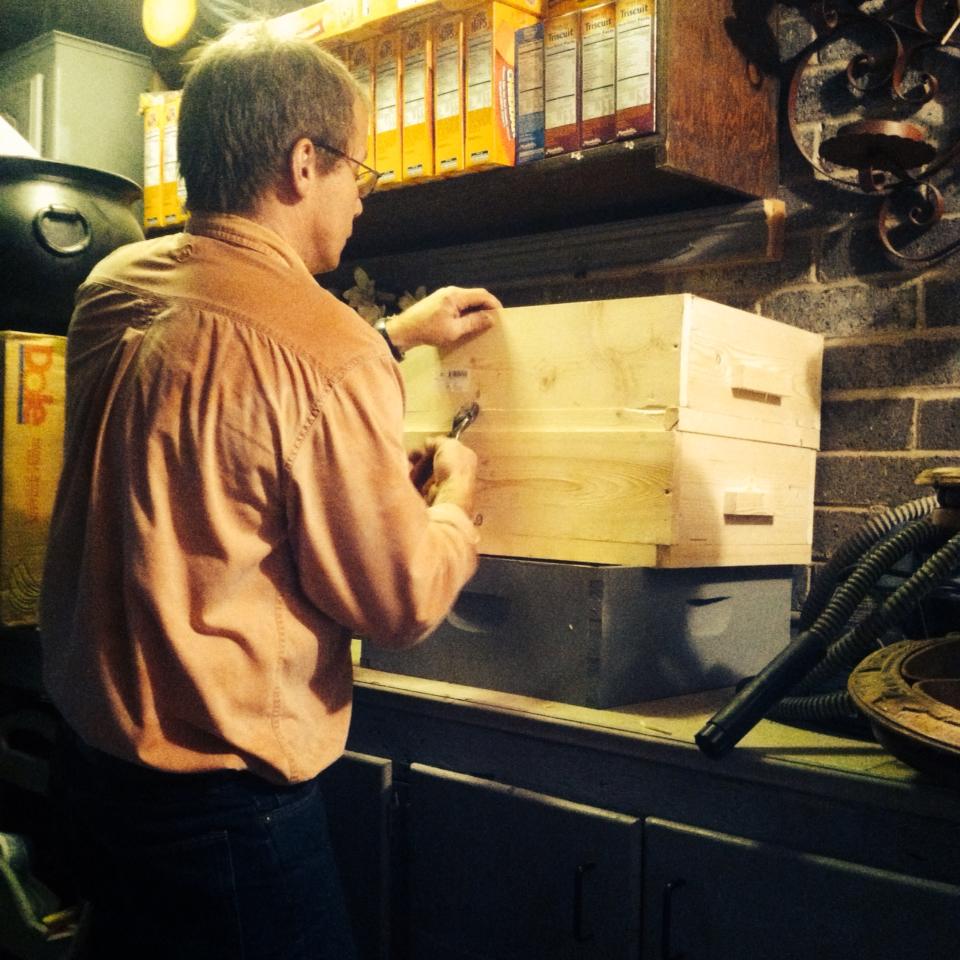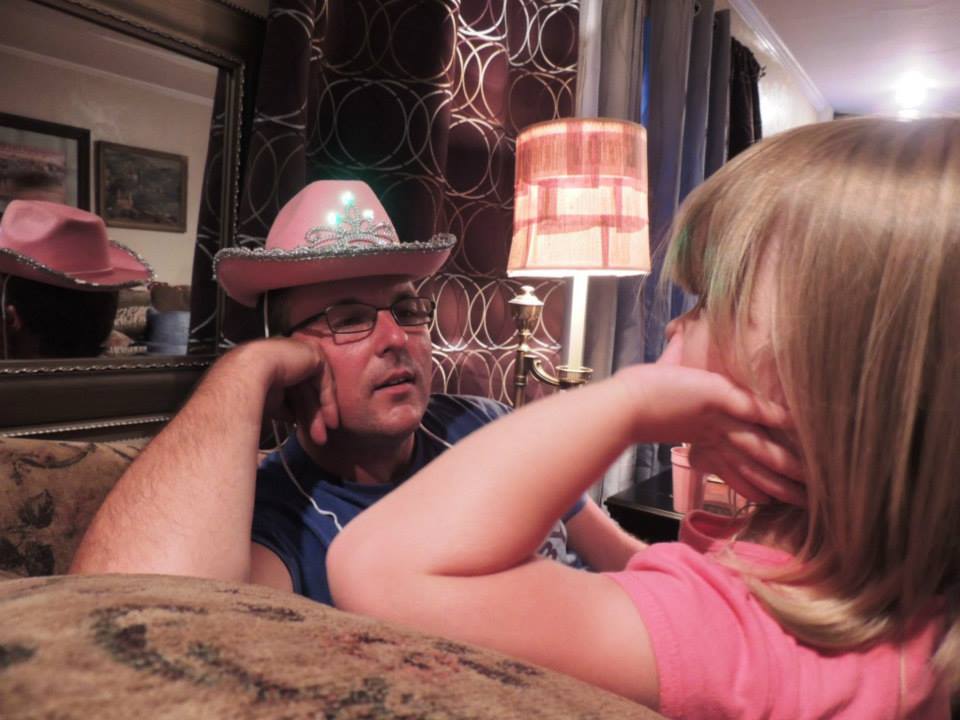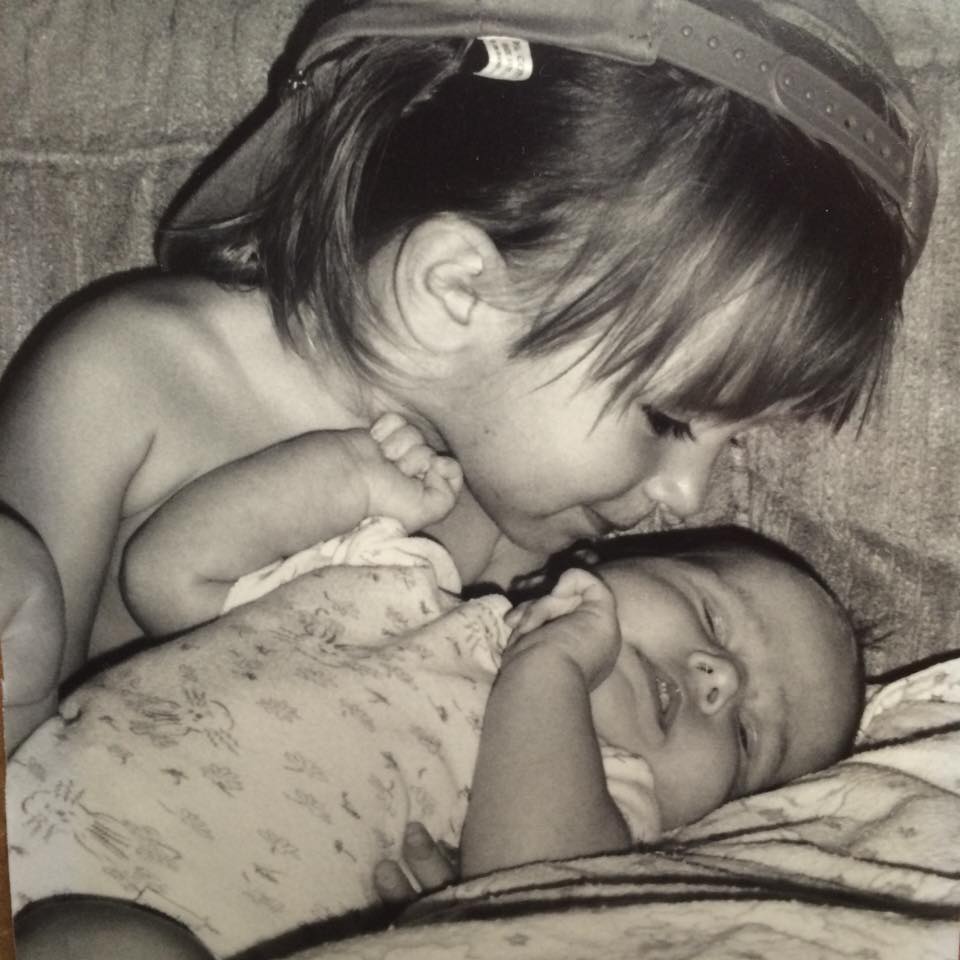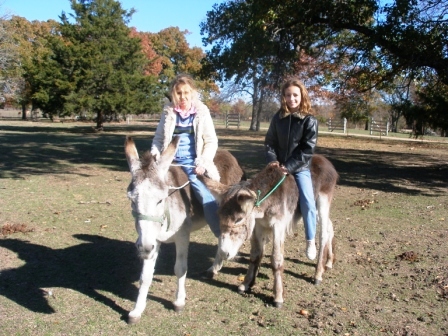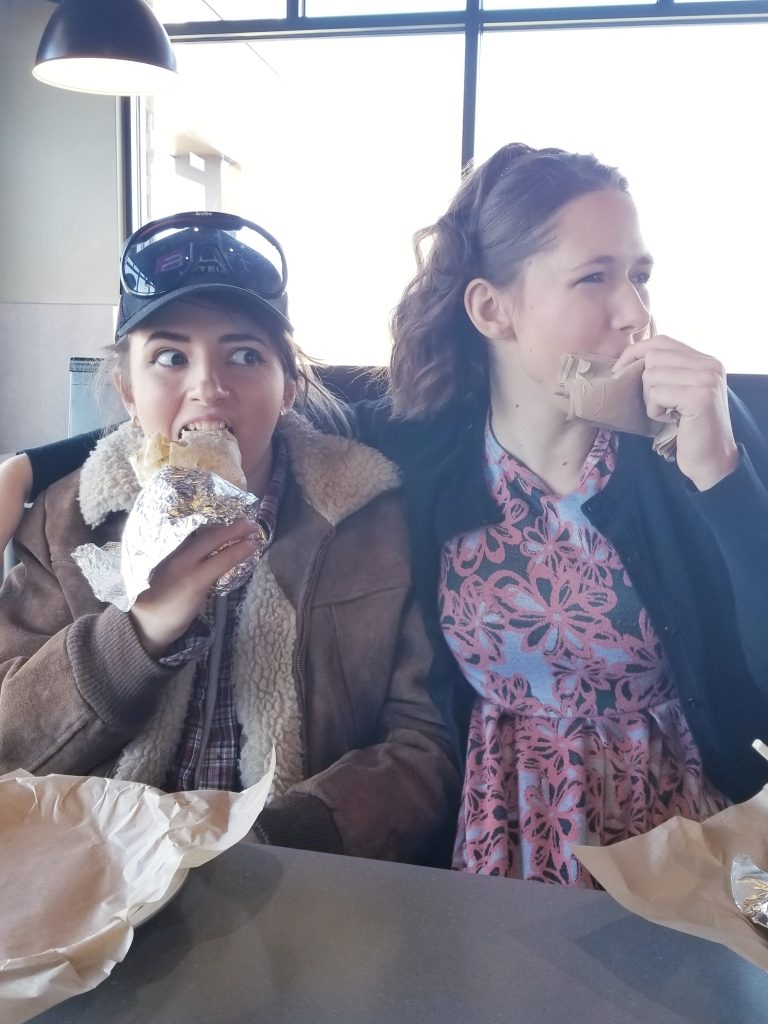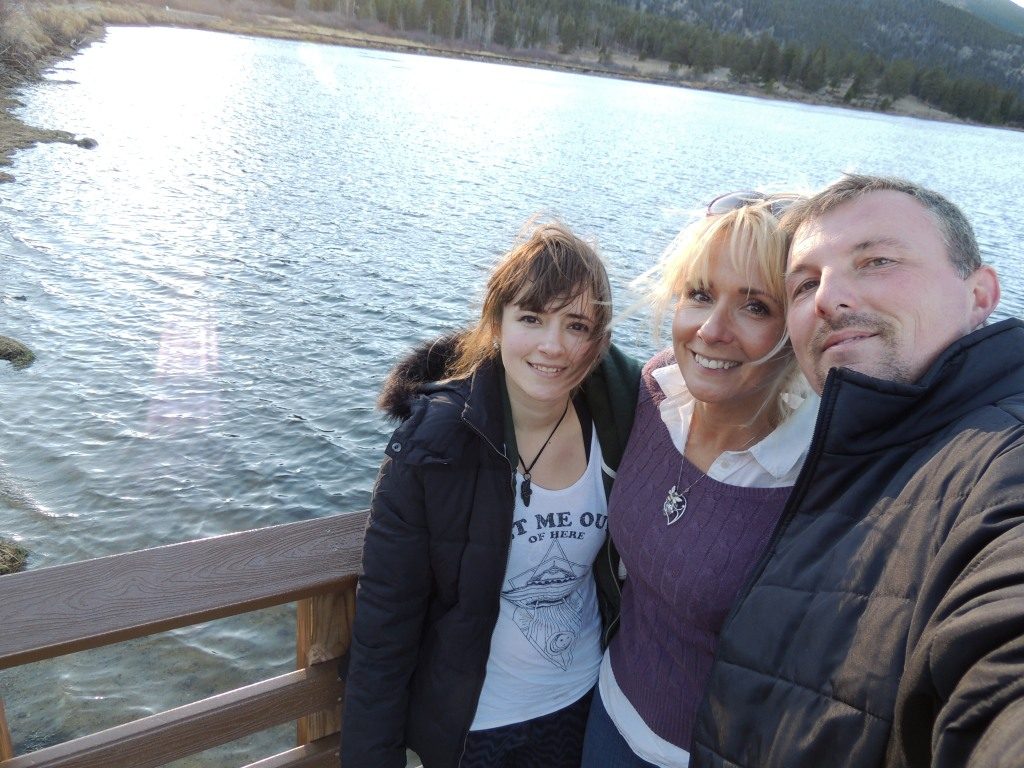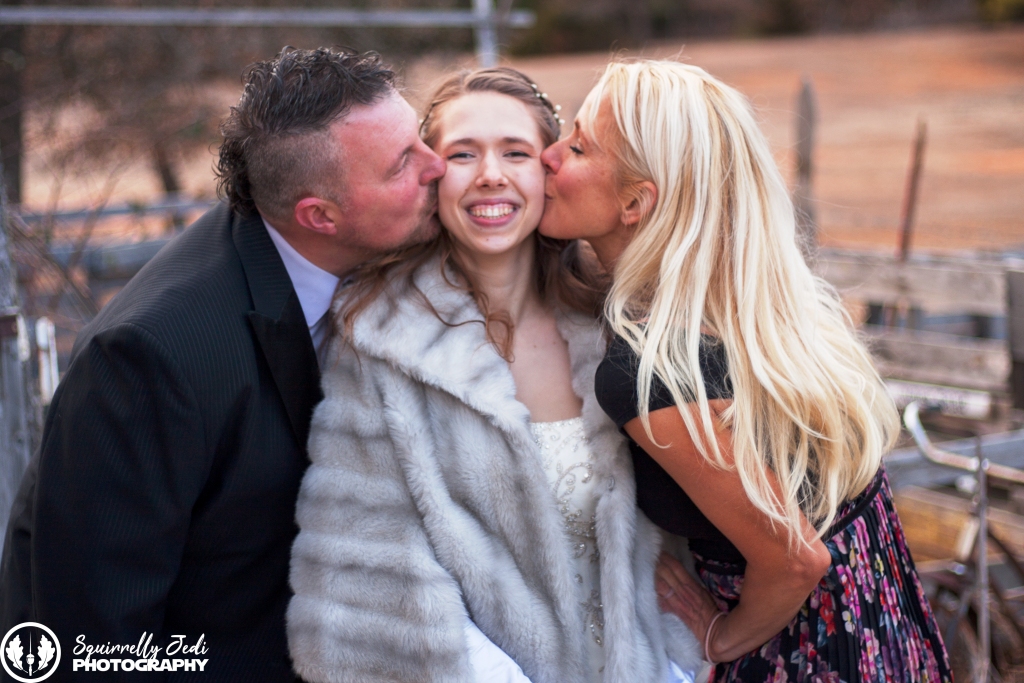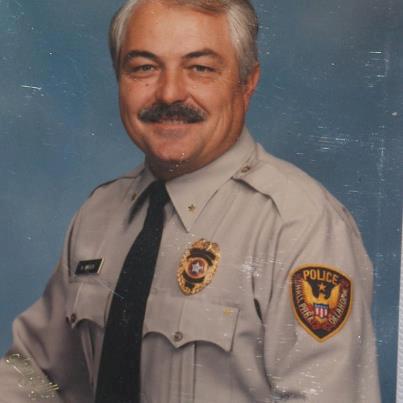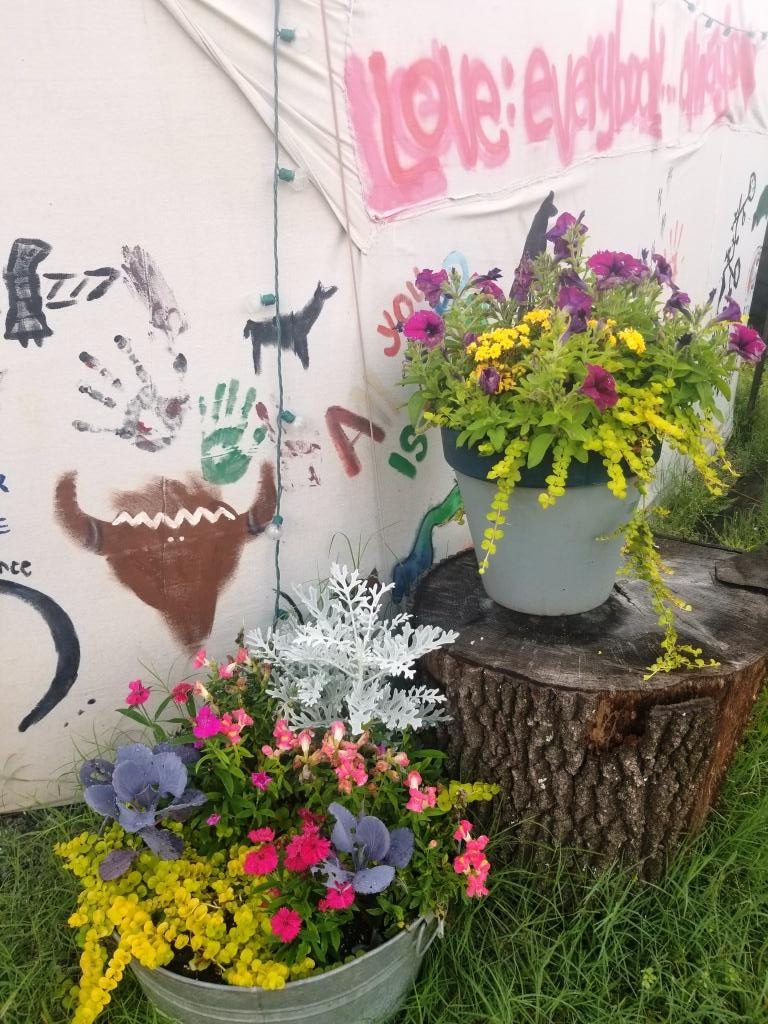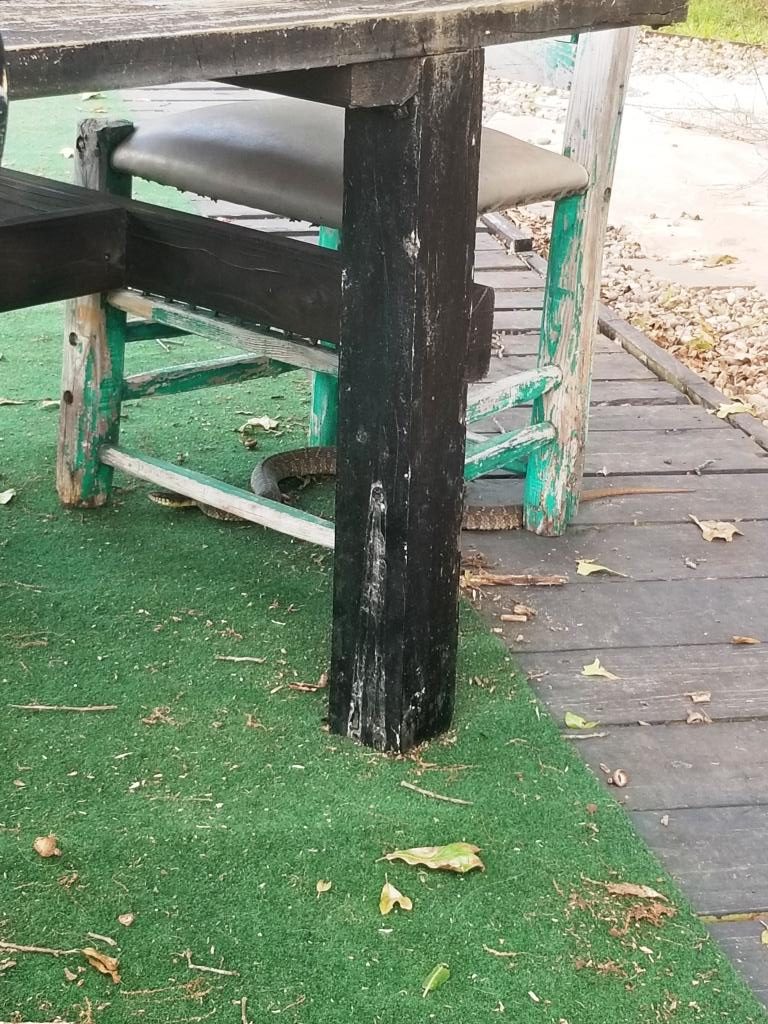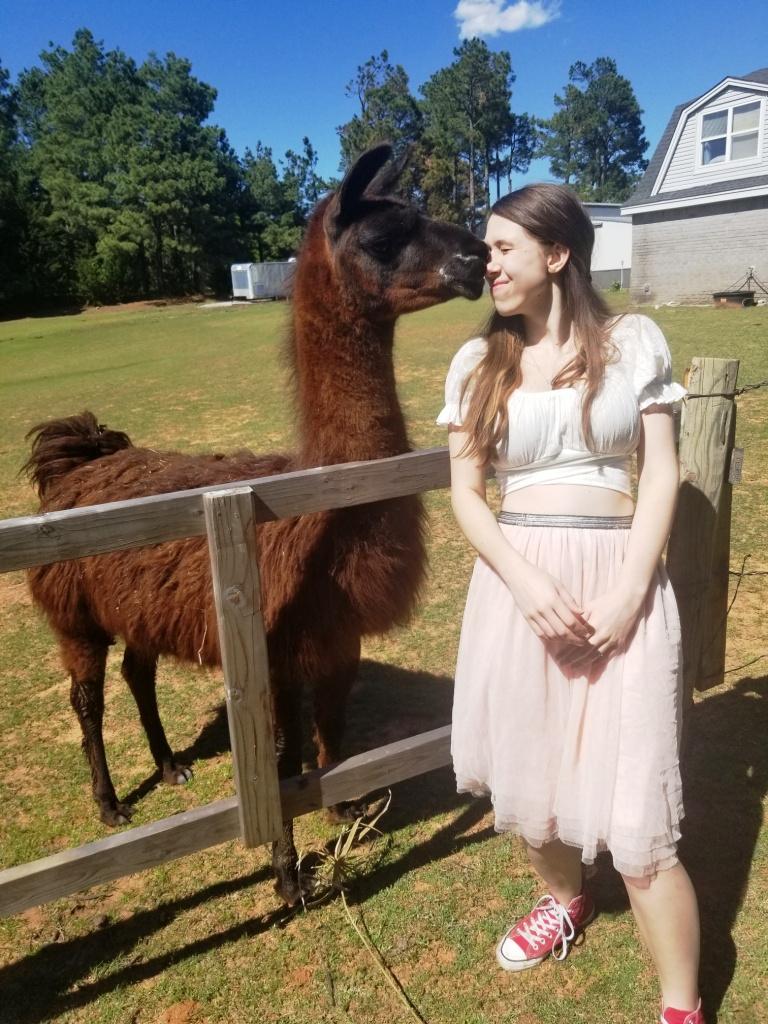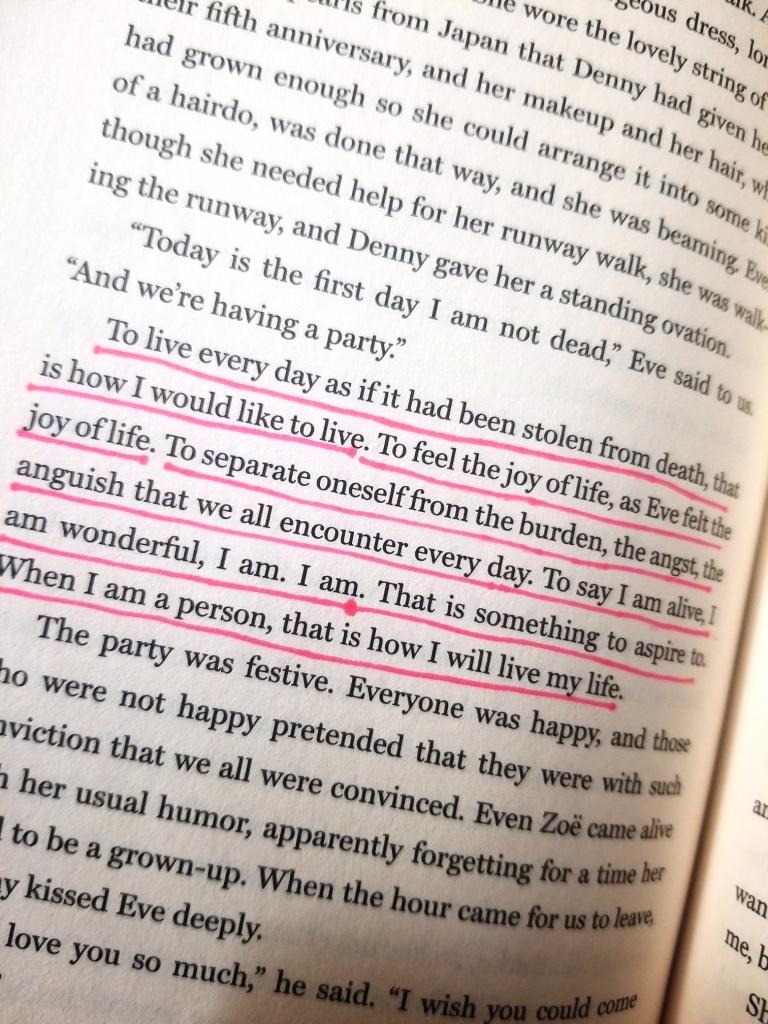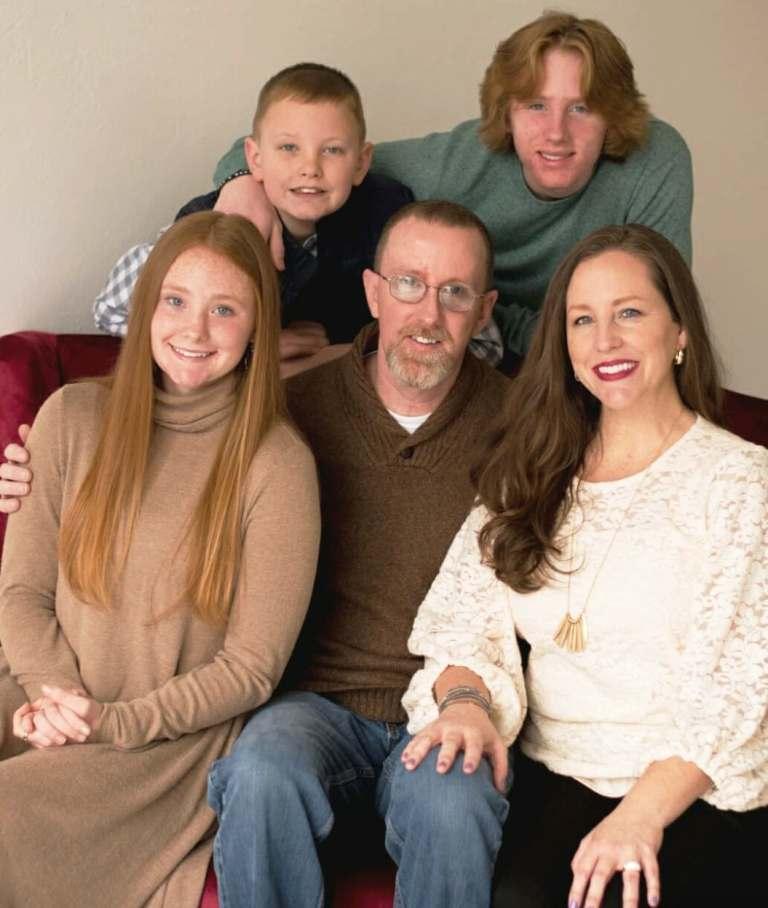Well, my summertime blogging streak did not last long, ha! But I am happy to be back at my keyboard, brimming with good feelings and stories worth sharing and enough words to match.
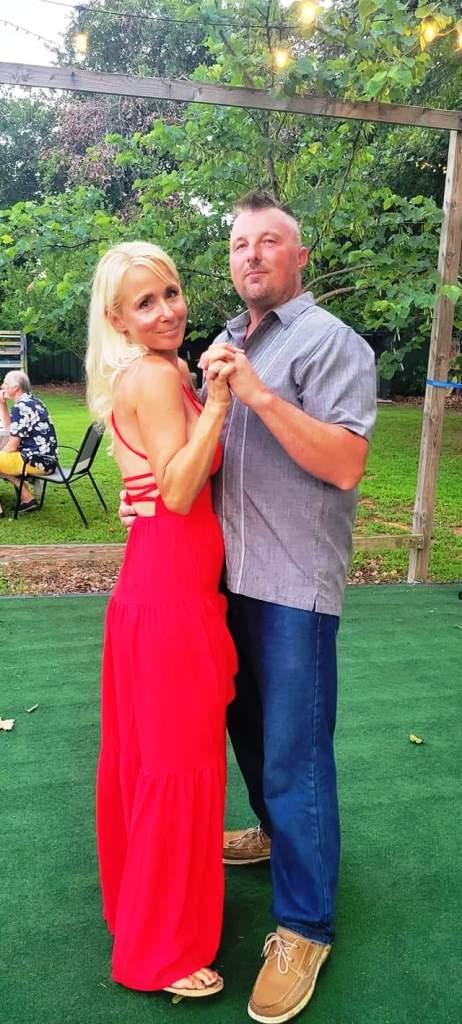
Since last we spoke, Handsome and I celebrated twenty years of marriage, all wrapped up in a solid month of celebrations, farm visitors, staycation weeks, and some projects sprinkled in, just for good measure. We reunited with a few beloved friends, sparked a couple of new friendships, and spent lots of time (and money) eating restaurant food. We also celebrated our youngest niece’s birthday. How is Kenzie fourteen already??
The farm is, as I type this, still unreasonably green and lush for late July. The year’s extravagant rainfall and mostly below average temperatures have really shown us how much wants to grow here, given the right conditions.
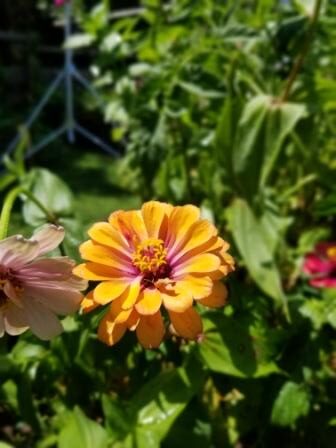
We are flush with tomatoes, marigolds, blackberries, tomatillos, zinnias, herbs, roses, hydrangeas, and more. Soon, we will have okra and squash in abundance. Until a few weeks ago, the easement along the front edge of our property was bursting with tall prairie grass and wave upon wave of bright yellow wildflowers. Call them weeds I you want to, but I love them. The front field, where we have the winding meditation path, also boasts these beautiful natural features along with some blue wildflowers and a smattering of hot pink cosmos and rusty colored amaranth. I am smitten by the textures, depth, and variety. We recently invested in a brand new zero-turn mower with a generously sized deck, so Handsome can more easily maintain the paths out there. If you visit us, please take a few minutes to wander! I promise you there are good vibes in the quiet where Chunk-hi used to play, and you might see the flattened hiding spots where the deer sleep.
Speaking of good vibes, we are still buzzing with romance and gratitude from our big anniversary party. We filled the house and south lawn with a few dozen friends and family to renew our vows with happy witnesses, eat some decadent cake, and dance ourselves into blissful exhaustion. It was a much anticipated event that was twice nearly ruined by weather, but at the last minute, on the second reschedule, everything came together and everyone had a great time.
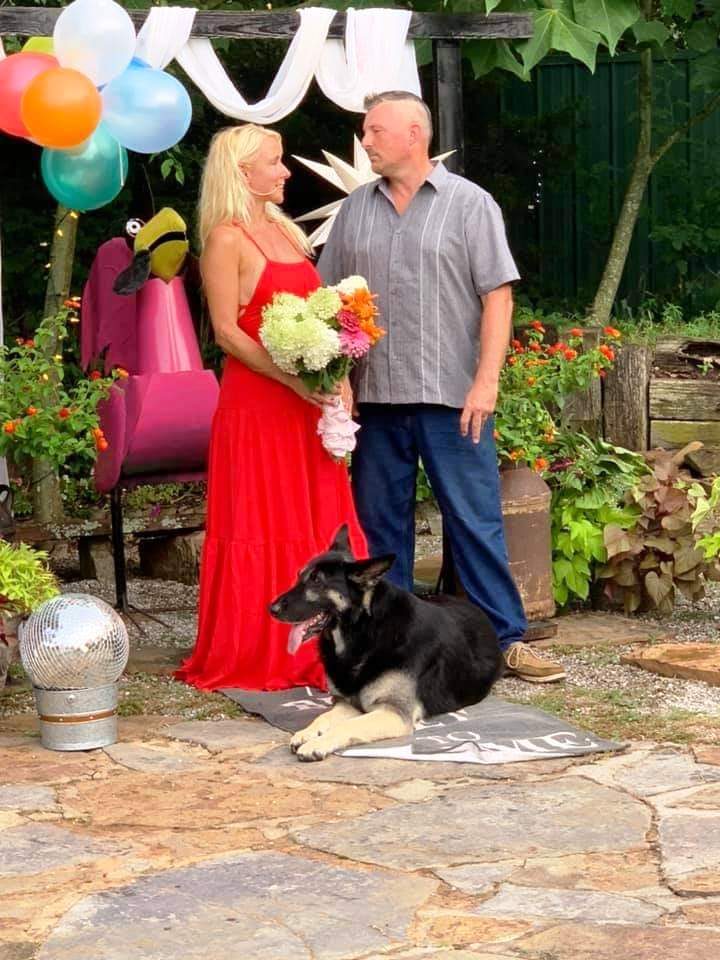
We still feel so cushioned and energized by everyone’s love and support. Good marriages don’t happen in a vacuum, after all; we feel lucky to be integrated into such a healthy community. Twenty years! Twenty years of adventure, ups and downs, terrifying moments with our kids, heartbreak with extended family, evolving friendships, paradigm shifts, incredible career trajectory, romance and tradition-curating, and of course this little farm experiment of ours. Two decades of absolute amazement that we still get to live with each other, still get to build the exact kind of life we want and enjoy the daily process of loving each other. It all feels way too short and fast.
The same weekend that we celebrated twenty years, Jess and Alex celebrated six months! Already these gorgeous young kids have made memories and tackled life curveballs together, working hard and loving their pups along the way. We are so proud and happy.
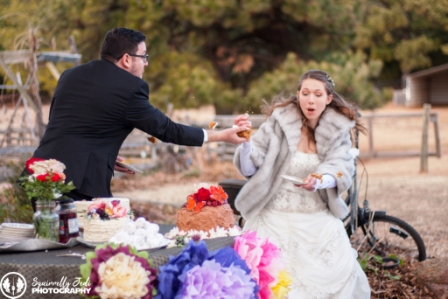
Are you reading anything worth sharing? In the morning minutes while I drink coffee and wait for daybreak, I am still working through Ask and It Is Given as well as a perpetual devotional by Bob Goff and a new book about the connection between gardening and mental health. More on that third book, soon. The rest of the day and evening, when I manage to claim some time to sit and read, I have sworn myself to only fiction. It’s a way for me to capitalize on summertime freedom, ha. Recently, a Tana French book blew me away: The Witch Elm. Everyone who likes this author says to also read her Dublin murder squad series, which I intend to do. This week I am reading Silent Corner by Dean Koontz. He is one of my all time favorite writers. Like a good, lose-yourself-worthy palate cleanser.
Last month, Jessica read The Particular Sadness of Lemon Cake, and I read it a second time to discuss with her. Ten years later, with so much about life that is vastly different now, was a wholly different experience. Hearing my adult daughter’s remarks was unforgettable.
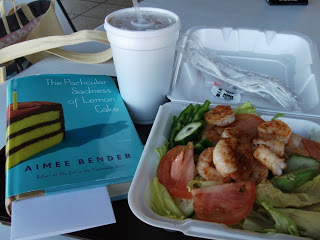
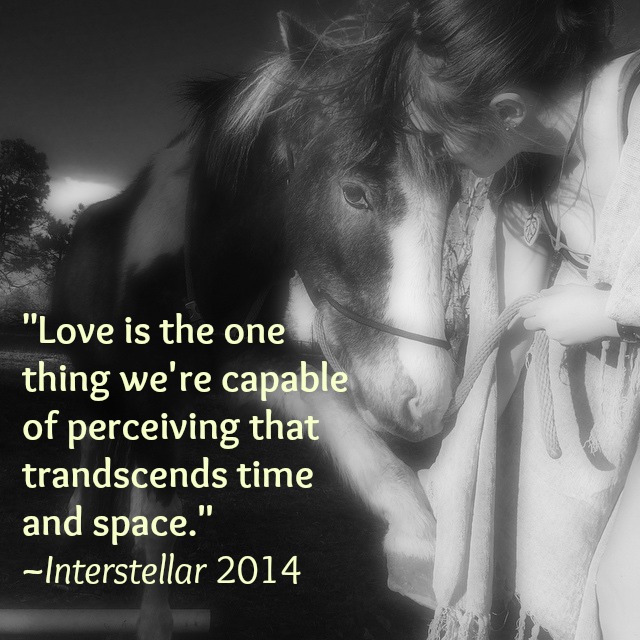
She was a baby the first time, recently gone from us, and my world was spinning and bottomless. Now she is “home,” and I understand so much more about the hell she and her sister endured in those years. I wonder what will have changed ten years from now, if we were to read the book again, what healing can have happened. Will Jocelyn be whole and home and fully returned to us, a second time? (She is okay now, but we are not completely okay without her.) Will we have grandchildren? Will my husband be talking about retirement or consulting work? Will I have published five or six or ninety books? Will someone have found the safe cure for squash bugs and grasshoppers, and will our kitchen walls be opened yet?
One more update to share before I close this up and see where I can move the needle around the farm today: We have been invited to participate in the 2021 Oklahoma Master Gardeners’ Garden tour! So on the last day of September, a tour bus (or two?) filled with talented, passionate local gardeners will spill out into the driveway of our farm, and we will welcome them for a little exploration. Lots of changed here since the same five years ago, and I know that August and September will bring rapid changes in the vegetable garden and flower beds, but overall I excited to share our space and reconnect with the gardening community. I had pulled away from volunteering when our life could not bear so many hours away, but gosh I have missed the people.
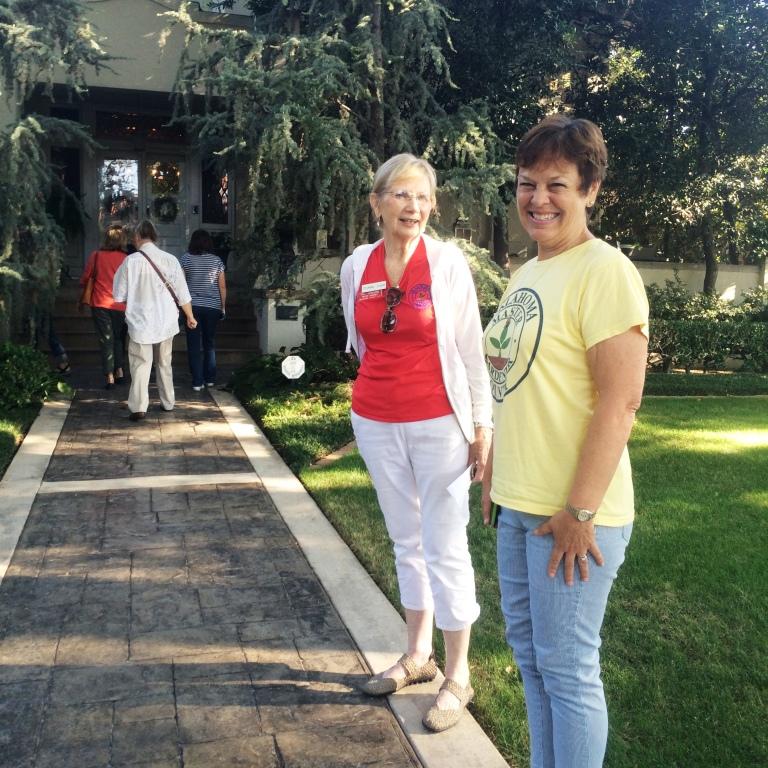
and Elizabeth, a mind blowing multi-talented woman!
Keep dreaming up what you want, friends. Remember that it is a different act of faith that dreaming against what you don’t want. Keep visualizing the fruit of hope and work and Love in vivid detail, and walk steadily toward every big and small thing that brings you joy and satisfies you. It is good work, the business of keeping your flames fanned and lively.
“You gotta imagine what’s never been.”
~Sue Monk Kidd
The Secret Lives of Bees

